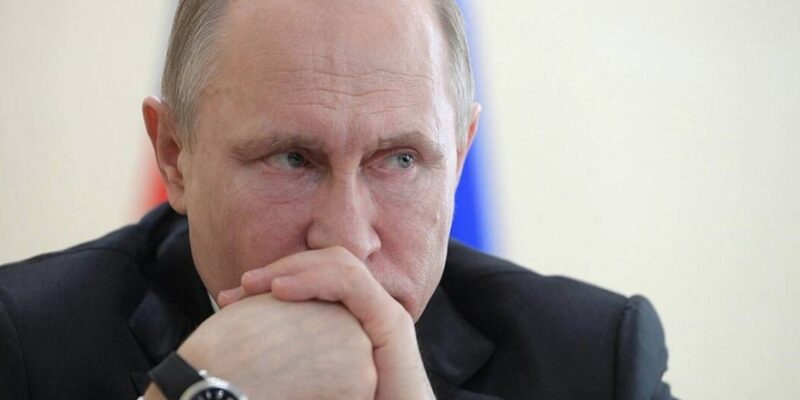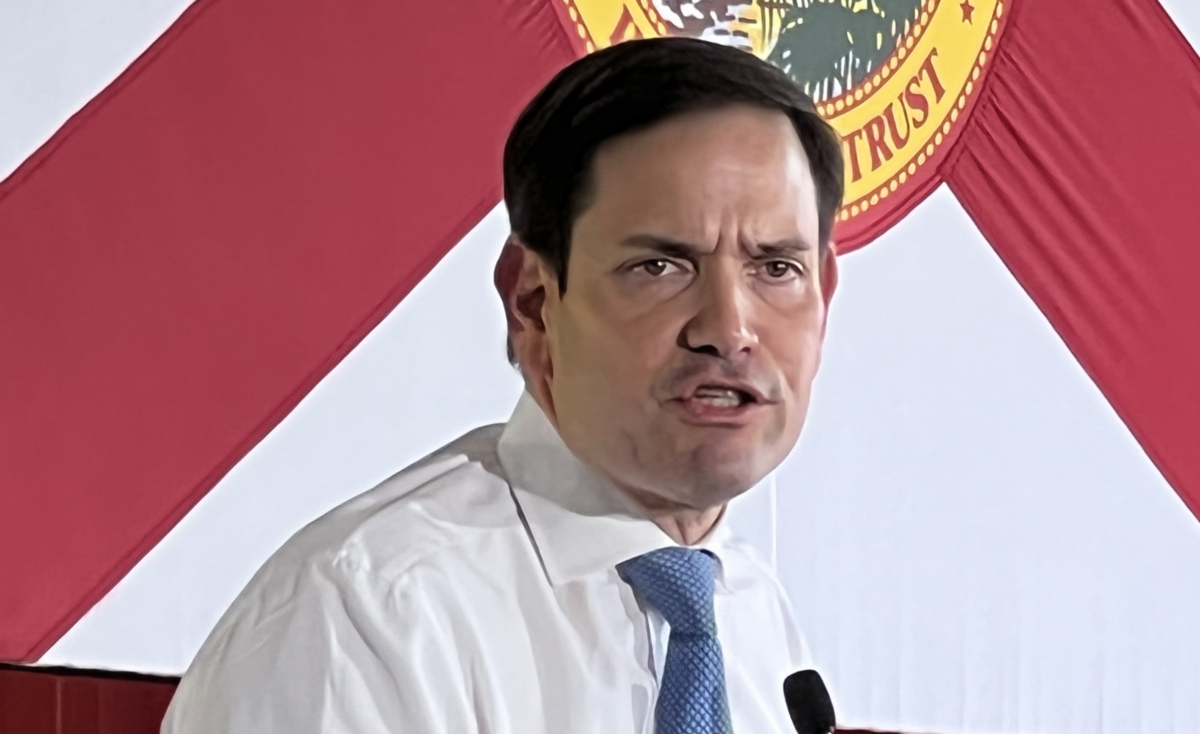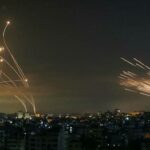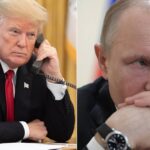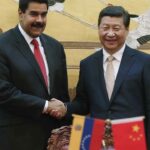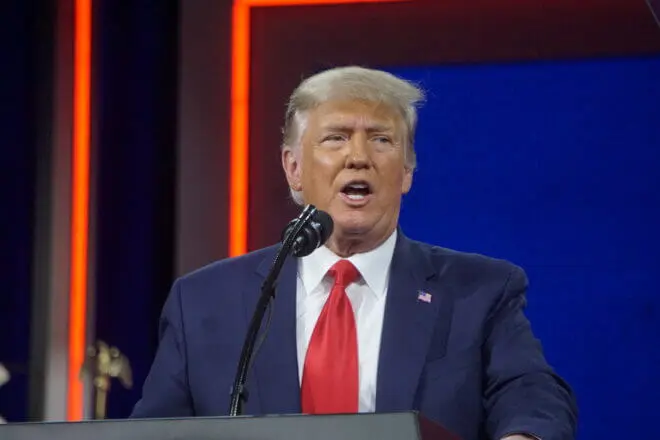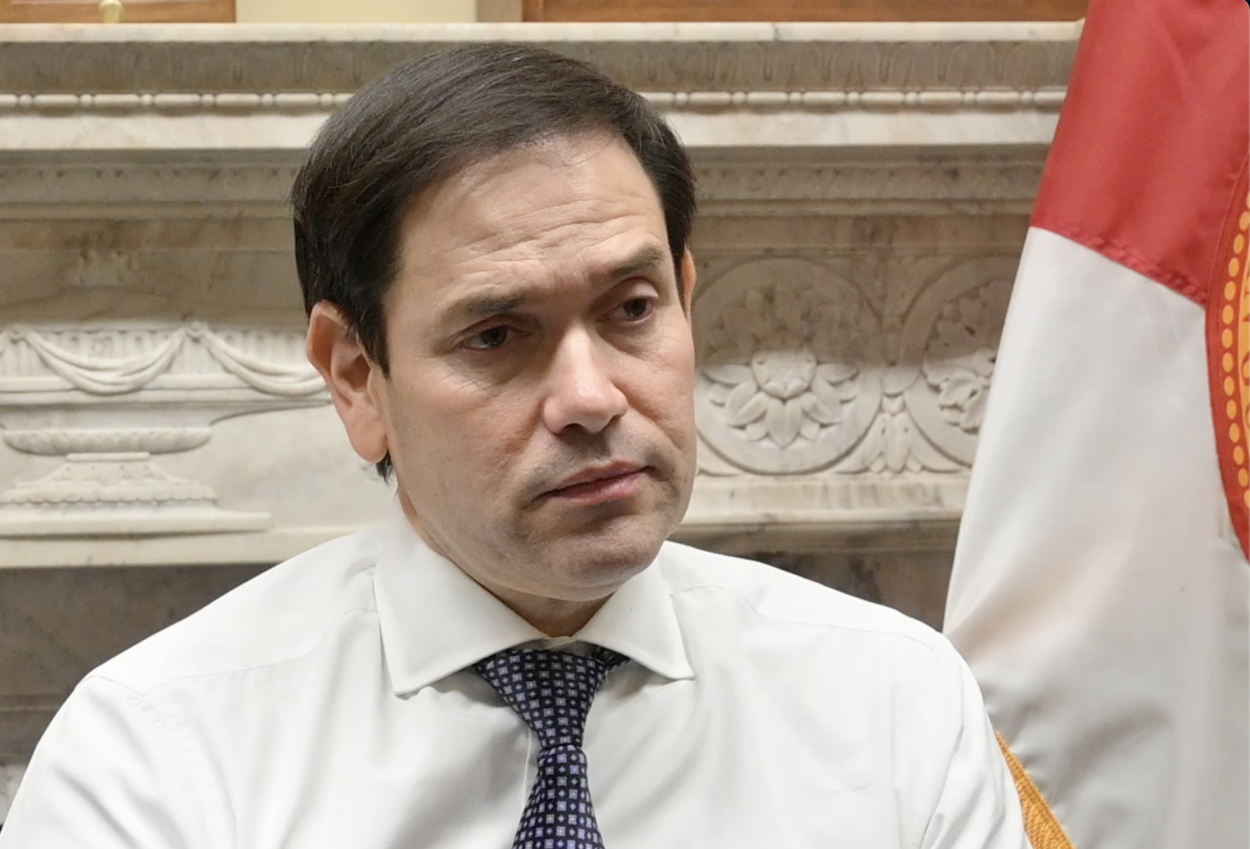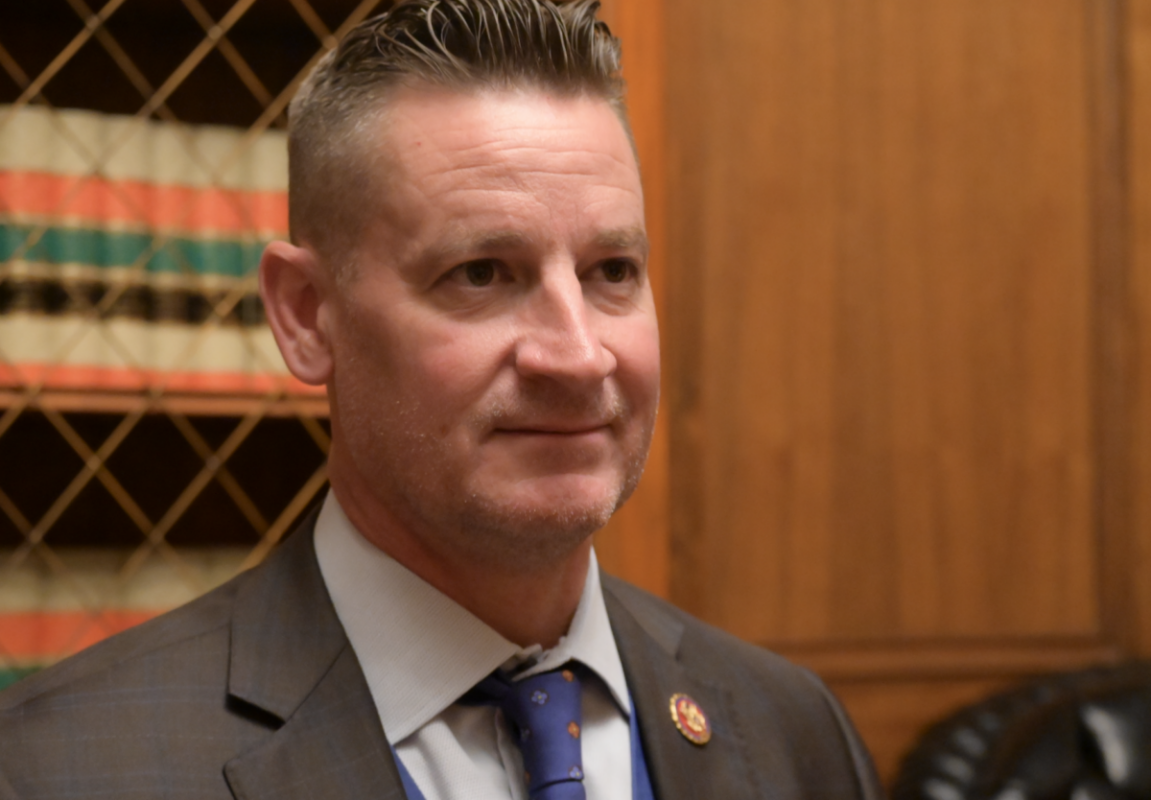Earlier this month, long-standing dictator, Daniel Ortega, clinched a sham election in Nicaragua — as expected— as he jailed every and all of his political opponents. Did anyone congratulate Ortega? Of course, the usual suspects, the dictators in Russia, Cuba, and Venezuela, did.
Geopolitical experts have long warned about the increasing influence and activities of authoritarian regimes to destabilize democracy in Latin America and the world. As jailed Venezuelan opposition leader Leopoldo Lopez recently stated during the Oslo Freedom Forum in Miami, “Maduro has not fallen thanks to support from China, Russia, and Turkey.”
In a recent oped, Lopez added “Perhaps we need to understand that authoritarianism is a global phenomenon. Dictators understand this very well. They form political allegiances to protect each other internationally and have developed a transnational repression policy in order to persecute those who oppose them.”
In fact, at a recent visit to China, Sergei Lavrov, Russia’s Foreign Affairs Minister, said that initiatives like those proposed by Venezuelan dictator Nicolas Maduro to create a global anti-sanctions coalition “should be encouraged,” adding, “unfortunately, some Western states, led by the U.S., want to preserve their dominance of the global economy and international policies at any cost, aiming to prevent the establishment of a real multipolar and democratic world,” said Lavrov, concluding that “the mutual trust and respect [between Russia and] China must be an example to other countries.”
U.S. lawmakers like Florida Sen. Marco Rubio (R) have been keeping close tabs on Russia’s involvement in the Western Hemisphere and have been consistent in warning Americans of the threat Russia poses to the region.
Sen. Rubio recently told The Floridian that Russian President Vladimir Putin’s “dominance over dictators” in the region was “undeniable.”
“Putin’s dominance over dictators in Latin America is undeniable. He’s a threat to every democracy in our region, including Colombia, which has an upcoming election,” stated Sen. Rubio in a statement to The Floridian.
Echoing what Senator Rubio said, Rep. Greg Steube (R) told The Floridian that he also believes that Russia’s expansion in the Western Hemisphere serves as a destabilizing force in the region and helps fuel the crisis along the U.S. southern border.
"Russia's expanding influence in South America is a serious threat to global security. Any expansion of our adversaries' influence in destabilized areas such as Venezuela enables their communist regime to abuse more people and wreak more havoc closer to our borders,” stated Rep. Steube.
Russia’s arms deals to Venezuela and the region are no secret, but recent Russia-Iran military cooperation should put the U.S. on heightened alert, warns Robert Czulda, assistant professor at the University of Lodz, Poland, and a former visiting professor at Islamic Azad University in Iran, in a recent Atlantic Council post.
Czulda says that Tehran might be interested in buying some new Russian weaponry. But what’s both interesting and scary is why Iran considers Russia a convenient supplier of military hardware. First, “Russia has no sanctions on Iran for human rights abuses or terrorism, which bar most Western countries from selling weapons to Tehran,” explains Czulda.
In fact, the Kremlin exports arms to several states with poor human rights records and that are under Western sanctions, including Myanmar, Syria, Algeria, and Venezuela. “Another significant advantage for Iran is the relatively lower procurement and maintenance cost of Russian equipment,” says Czulda, adding “ A third important advantage for Iran is that Russian law doesn’t oblige companies to report on arms exports and, in fact, encourages secrecy.”
Several Latin American news outlets have reported that Russia is looking at the region to increase its military helicopter sales. Should we worry?

